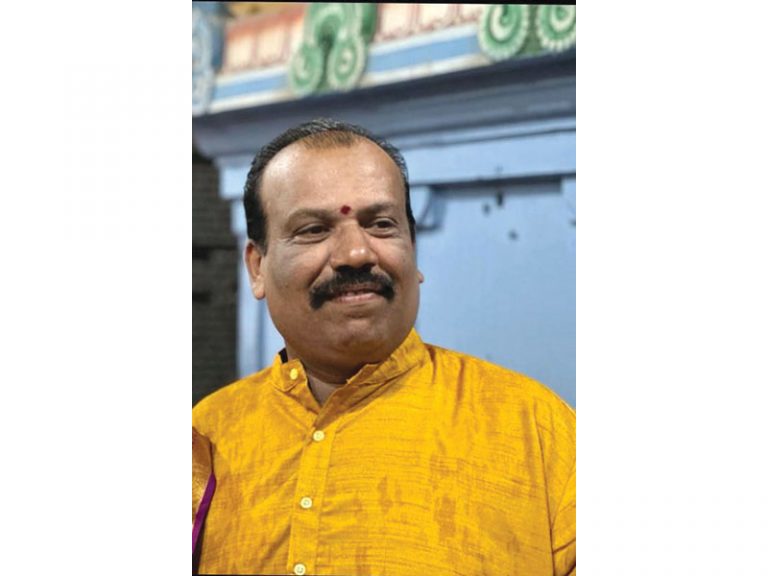Tamil Nadu: Stern child protection directive
Despite a plethora of legislation including the Indian Penal Code 1860, Juvenile Justice (Care & Protection of Children) Act, 2000 and the RTE Act, 2009 expressly prohibiting corporal punishment of children, the ancient tradition of teachers inflicting physical punishment for real and imagined misbehaviour is widespread in India’s 1.60 million schools. Reports of teachers inflicting cruel and unusual punishment on hapless children are commonplace in daily newspapers. The majority of school teachers seem unaware that s.17 of the Right of Children to Free & Compulsory Education (RTE) Act, 2009, expressly prohibits all corporal punishment — and mental cruelty — to children.
On April 25, Justice S.M. Subramaniam of the Madras high court issued an unambiguous directive to the Tamil Nadu state government to implement the Guidelines for Elimination of Corporal Punishment in Schools (GECP) framed by the Delhi-based National Commission for the Protection of Child Rights (NCPCR) to safeguard the physical and mental health and well-being of 5.26 million children across the state’s 68,000 government and private schools.
The court directed the state government to disseminate the guidelines to all educational institutions and District Educational Authorities to “sensitise school authorities” about protection of children’s physical and mental health; conduct seminars and awareness camps to effectively implement NCPCR guidelines, and initiate prompt action by “competent authorities for any lapse, dereliction or negligence”.
“This directive of the high court is overdue. Regrettably, corporal punishment is more frequent in government schools, compared to private institutions. Strict implementation of these guidelines will create safer and more nurturing learning environments, which is essential for effective learning and well-being of children. This stern directive sets clear standards for educational institutions and authorities to follow, and mandates strict adherence to child protection laws,” says Chennai-based educationist Dr. S. Somasundaram.
With the rising number of student suicides and stress-related mental disorders among children routinely reported by the media, Justice Subramaniam’s directive with special emphasis on teachers and education officials to “protect” children’s mental health and well-being has been widely welcomed by bona fide educationists.
“It’s important that District Education Authorities and education ministry officials impact the importance of the NCPCR guidelines on government and rural schools in particular. In government schools, where parental involvement is usually lower, there is general acceptance of corporal punishment. In private schools, parents are more engaged in their children’s education, and this works as a deterrent against corporal punishment and mental cruelty. They operate under stricter regulations and are mindful of their reputation as enlightened institutions. They also tend to allocate substantial resources towards alternative disciplinary measures and teacher training programs to promote supportive environments conducive to joyful learning. Nevertheless it’s high time a clear and unambiguous message goes out to all school managements, teachers and parents that corporal punishment and mental cruelty imposed on children is obsolete pedagogy. Children learn best in conducive stress-free environments,” says A. Karuppasamy, former director of Matriculation schools.
However while the high court directive to school managements and educators to abolish corporal punishment is clear and unambiguous, implementing it in government and private schools — especially in rural Tamil Nadu — where most teachers and illiterate parents adamantly believe to spare the rod is to spoil the child, will take some doing.
Shivani Chaturvedi (Chennai)
















Add comment